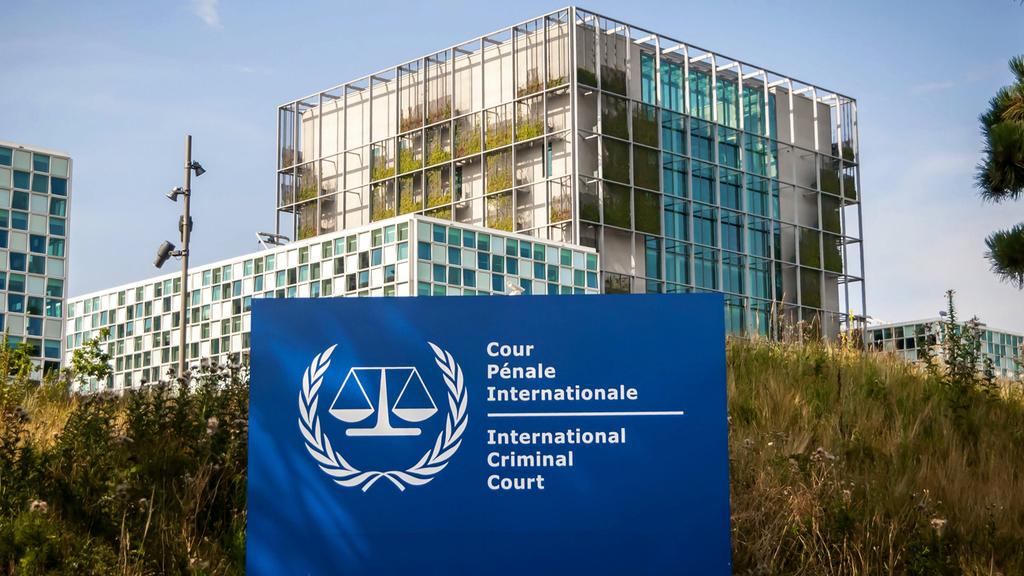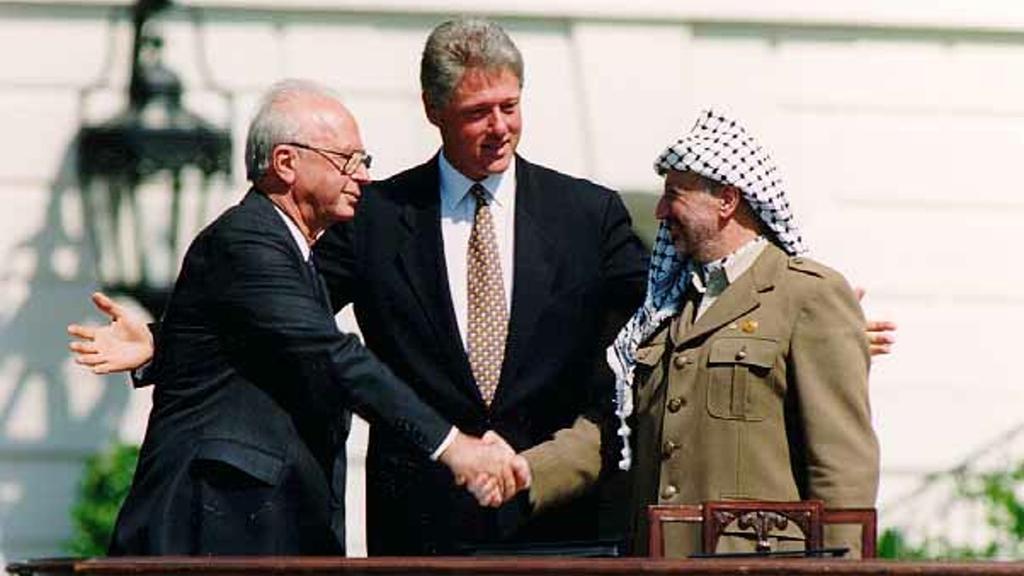The decision by the Chief Prosecutor of the International Criminal Court Fatou Bensouda to open an investigation into possible war crimes committed by Israel in the West Bank and the Gaza Strip is dramatic and requires resolute Israeli action.
But, the road to indictments of senior Israeli government and military officials is a long one and in many ways the Oslo accords, despite being vilified by the right-wing, could prove to be Israel's best defense.
The question prevalent in judicial quarters is what is the likelihood that the investigation by the Hague prosecutor could eventually lead to indictments?
Firstly, however, we need to ask whether the ICC has jurisdiction over Israelis acting in the Palestinian territories (as they have been defined by the court)?
Is there is jurisdiction, then the question is whether the probe is launched in accordance with the principle of complementarity, which states that the international tribunal will exercise its authority as a last resort, when states are unable or unwilling to carry out their duty to launch investigations.
Regarding the question of jurisdiction, Israel must argue that the ICC cannot assume an authority over citizens of a country that had signed the Rome Status (the treaty formed by the ICC) but had declared that it will not ratify the agreement (similarly to the United States) and therefore is not bound by it.
According to the Rome treaty, if a person commits a war crime in the territory of a country that is a signatory of the treaty, even if that person is a citizen of another state, the court has jurisdiction to investigate and persecute that person.
Palestinians joined as signatories of the treaty in 2014 and are now attempting through their membership to enforce the court's authority over Israel.
Israel's legal answer to that is only a state can join the Rome Treaty, and the question of whether a Palestinian state exists according to international law, is in dispute.
The Palestinian argument is based on UN resolution 67/19 from 2012 which upgraded the Palestinian Authority to a non-member observer state.
Israel's position is that there is no Palestinian state and therefore the initial condition for the ICC's intervention, does not apply.
Another legal defense argument at Israel's disposal regarding jurisdiction lies in the Oslo Accords.
The Accords state that Israel has sole jurisdiction over criminal acts committed by Israelis in the territories.
Israel can claim if Palestinian courts cannot try Israelis – as stipulated in the Oslo accords – they have no authority they can hand off to an outside tribunal.
As to the principle of complementarity, assuming the ICC does have jurisdiction over Israelis, local courts have precedence over the international tribunal.
On this point, as far as the IDF's actions in the territories are concerned, Israel can make the valid legal argument that it possesses independent investigative and controlling bodies within its legal system, thereby nullifying any need for external intervention.
The Israeli settlement question, however, may not be as clear cut in using this argument. Israel considers its settlement policy to be in compliance with the law and therefore no internal review of the policy has been conducted.
Dr. Matan Gutman holds an LLM from Harvard Law School and a Ph.D. in Administrative Law from Bar Ilan University. Gutman was a member of the committee reviewing the actions of the IDF during the 2014 Gaza campaign known as Operation Protective Edge.




